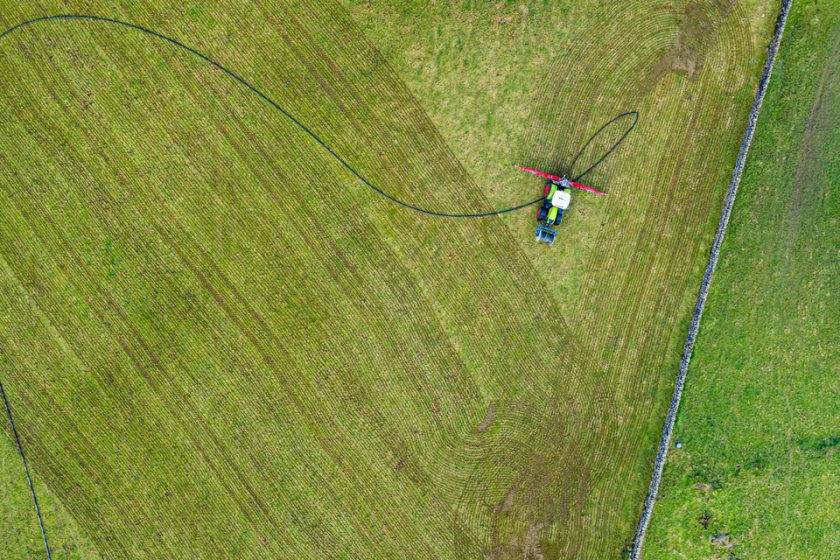
Farmers are being encouraged to start their preparations now for winter slurry storage following a wet spring which has put pressure on slurry stores.
The Environment Agency's 'Winter Ready' campaign has launched, aiming to support farmers facing slurry storage issues.
As part of it, farmers are being encouraged to start their preparations now and to contact the agency for advice if necessary.
Environment Agency deputy director for agriculture, Nicola Riley said: “We know the profound impact that wet weather can have on farmers and their slurry storage.
"It is important that we help farmers to get ready ahead of time by supplying guidance and practical solutions.
“That’s why we’re urging farmers to start their preparations now, with the Environment Agency on hand to help farmers find the right solutions that work for them.”
It comes as a wet winter and spring has put pressure on slurry stores already, with many farmers reporting concerns around managing volumes.
The increased rainfall has meant that farmers were both accumulating more slurry and unable to spread it on their fields.
What steps can I take?
The Environment Agency has listed some steps and solutions to tackle slurry storage issues, including:
• Ensuring you have adequate storage to see you through winter without the need to spread. The EA recommends having six months of storage.
• Covering slurry tanks, lagoons and pits and using the summer months to fix draining and clear guttering to ensure separation of clean and dirty water, meaning less rainwater mixes with slurry to increase its volume.
• Refraining from taking sludge, digestate or other materials if you don’t have an immediate need for them.
Defra has already offered a Slurry Infrastructure Grant to help farmers improve or expand slurry storage capacity and improve the use of organic nutrients on their farm.
Other support includes a range of capital items available through Countryside Stewardship Capital Grants that can support farmers to reduce the amount of slurry generated on their farm.
This includes slurry store covers, roofing, concrete yards and drainage systems. A Catchment Sensitive Farming advisor can visit farms and provide advice on how these can best be utilised.
